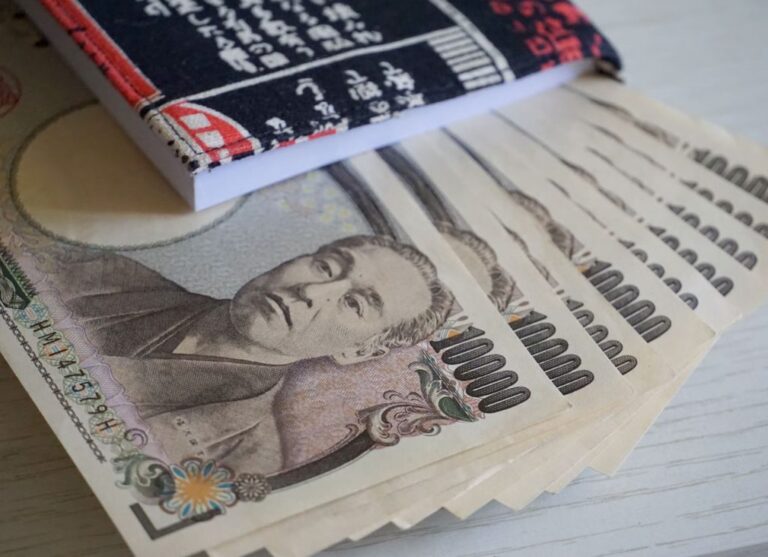
Morning Brief – Tuesday 13th
Argentina as a nation, with the exception of war, and provided we’re not talking about a specific key national export, is not a global market mover. To be frank, its spending power, population, financial market participation and share of global trade are all too small for the South American nation to move markets in good (or even normal) times. But give an already spooked market a headline like Argentine debt default and it’ll quite happily take a risk-off tone everywhere.
Yesterday, results of the primary to Argentina’s forthcoming general election were observed and showed disturbing signs. Incumbent President, Mauricio Macri, took a beating at the ballot box versus his opponent Alberto Fernández. Markets don’t know much about the latter presumed underdog and that’s largely why they reacted so violently to the news that his campaign (including running-mate and former left wing Argentine president, Cristina Fernández de Kirchner) had taken 47% of the vote. What they do know is that the market friendly Macri is what they want, but a defeat of 15% at the polls isn’t what’s going to get him another term in office.
Argentina is currently in receipt of the biggest single bailout program that the International Monetary Fund has ever offered. As recently as April this year, Christine Lagarde (at the time managing director of the IMF and now incoming ECB President… oops!) boasted of the positive and tangible impact that the set of reforms associated with the bailout package is having in Argentina, implemented and propagated by President Macri. Markets therefore priced out – changed their expectations – for the possibility of Argentinian debt default. But who knows if this reform program would survive even a minute (or progress be unwound) with a change to the leftist and arguably populist challenger.
Argentinian default is a sore subject in markets. When the nation defaulted on its debt back in 2001 the credibility of the fiscally ailed nation was damaged forever. Global markets yesterday blamed the spillover risks of an IMF backed program going down the pan as a systemic risk that would limit the credibility and efficacy of the Fund which plays the role of the ultimate monetary backstop across the world. But, seriously, they’re just scared! Coming only a few days after a huge market upset that saw global equities lose trillions and safehaven bonds and gold reach record highs, what should have been a ripple caused a big splash.
In Argentina, the risk of default on debt over the next 5 years (measured by a fancy instrument called a credit default swap that I’m sure you’ve all heard far too much about thanks to films like the big short amongst others) priced a 75% probability that loaned money is not restored to creditors by the Argentinian authorities. But take a look at the United States, a nation that claims a relative naff all in annual bilateral trade with the nation: bond yield spreads between two and ten year durations hit their lowest level since mid-2007! Every recession for the past half century at least has seen the spread between the two invert (a case where investors’ demands for lending money over a 10-year time horizon are less than those over 2 years). In other words, given yesterday’s pathetic excuses for an excuse, the probability of a recession in the world’s largest economy increased dramatically because the leader of Argentina might change in a couple of months’ time. Give me a break!
So what does this mean for us? Well those assets that suffer during periods of elevated perceived risk (emerging market currencies like the Rand and Lira, and these days the Pound) could have been oversold in preference of safety. So a convicted trade to buy them now instead of waiting for investors’ August blues to pass could pay off. With Sterling just off 2 and a half year lows and the Rand having sold off almost every day for the last month there’re bargains all around.
Discussion and Analysis by Charles Porter

Click Here to Subscribe to the SGM-FX Newsletter
Related Insights

Morning Brief – Japanese Yen
Japanese Yen With JPY at a new 34 year low versus EUR, the market is set for an ambush by the Bank of Japan if it acts today at the end of their Policy Meeting to support the Yen. The reason that the market is susceptible is because it has convinced itself that the BoJ […]

Morning Brief – Coalition
Coalition This briefing is about South Africa and the Rand, which frequently proves to be one of the more divisive subjects within our roster of currencies. In particular, with the election looming, this will be about South African governance. Not from a political or human perspective about what may be the best long term outcome […]

Morning Brief – US Tariffs on Chinese Imports
US Tariffs on Chinese Imports Recently we wrote about how Mexico has become the Number One trade partner for the USA. It now transpires that Mexico may have had what is known as a little assist with their numbers: the statistics for the number of 20 foot shipping containers for the first three Quarters of […]



 Humphrey Percy
Humphrey Percy Charles Porter
Charles Porter